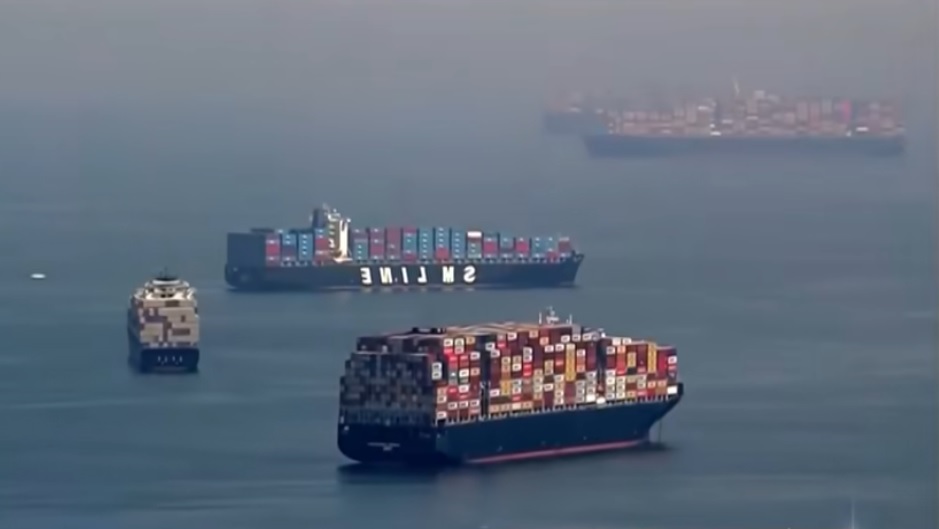
By American Farm Bureau Federation,
Backlogs at U.S. ports and container shortages are disrupting the supply chain. Micheal Clements shares more on how those issues are impacting agriculture.
Clements: Delays in the shipping industry have a direct impact to the bottom line of farmers and ranchers. American Farm Bureau Federation Associate Economist Danny Munch says consumer purchasing changes created the issue.
Munch: During COVID, we kind of saw this switch in consumer purchasing behavior from buying services, going out, to a lot of goods purchasing, so e-commerce. Now, when that happens, there’s much more demand for products that come in containers and on barges, which puts a lot more pressure on our ports. And our ports are infrastructurally limited—by the number of cranes, by the number of workers, so forth—in their ability to process these new shipments. So, the more imports that you have, the more stress there’s going to be on those ports.
Clements: He says that’s led to congestion at U.S. ports with backlogged shipments.
Munch: So, this shift in consumer purchasing behavior has kind of caused mass amount of barges at all of our ports. We’ve seen massive upticks in waiting times for barges waiting at anchor. An additional thing just to touch on is that labor related to trucking plays a major role in the ability for ports to process containers. If there’s not trucks arriving on time, that creates just another compounding effect on the timing and processing of goods through the ports.
Clements: Munch says the supply chain issues impacts farmers and ranchers in a variety of ways.
Munch: If you have any sort of supply chain disruption, you’re going to see increased prices for inputs. So, farmers have already started to see massive increases in prices for their inputs. All of these ports are vital to farmers who use foreign outlets as a place to market their goods. So, any change in the ability to access containers impacts farmers’ bottom lines.
Clements: Learn more on the Market Intel page at fb.org. Micheal Clements, Washington.
Disclaimer: Articles featured on Oregon Report are the creation, responsibility and opinion of the authoring individual or organization which is featured at the top of every article.

